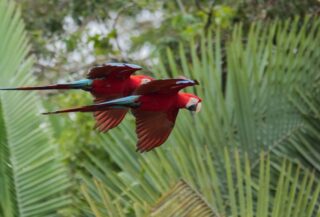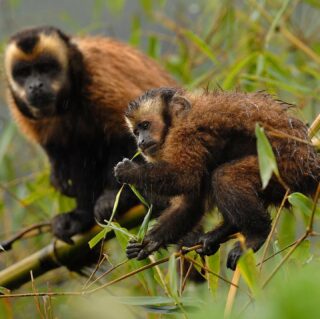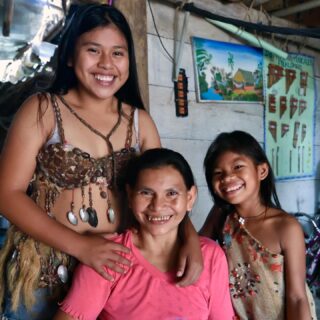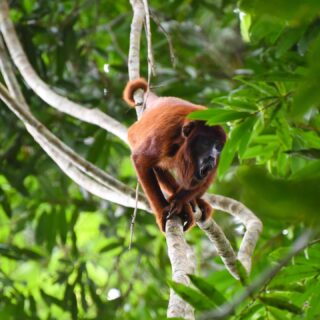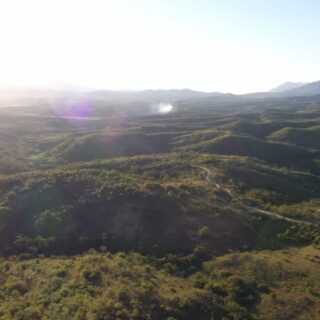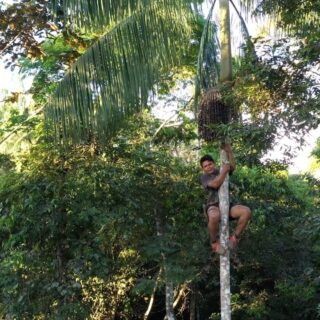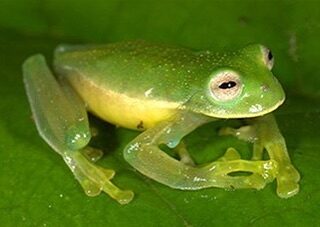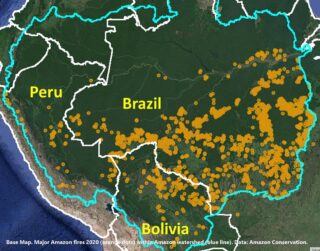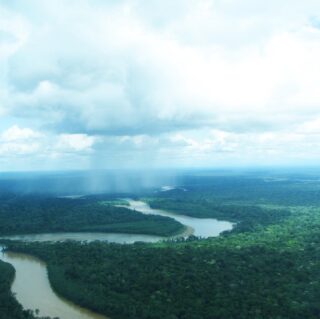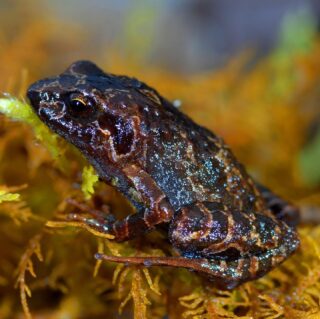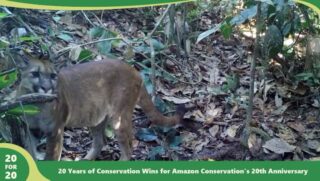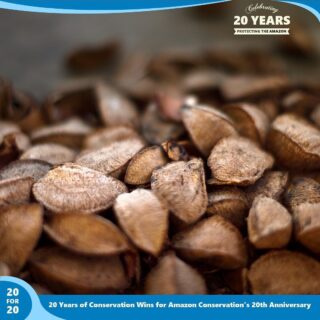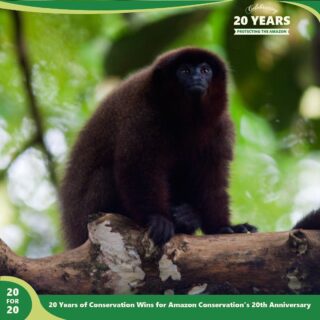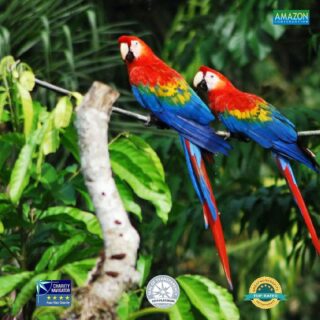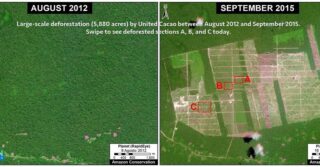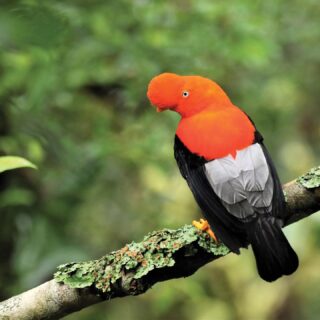Fire-fighting beans help save Manu!
December 21, 2013
 For 11 communities in Challabamba, just south of Manu National Park’s tip in southern Peru, the Amazon Conservation Association’s work can be measured in hundreds of acres of one particular bean: tarwi.
For 11 communities in Challabamba, just south of Manu National Park’s tip in southern Peru, the Amazon Conservation Association’s work can be measured in hundreds of acres of one particular bean: tarwi.
For these Andean communities, subsistence farming is a way of life. But growing potato and corn crops on the same land year after year is hard on the soil. Eventually, yields suffer and farmers typically “slash and burn” forest to open up new farmland and add nutrients to the soil.
However, these fires can easily spread out of control, devastating hundreds of acres of forest, often even burning into Manu National Park.
There’s a connection between burning for farmland, soil quality, and Manu—and that’s where sustainable crops like tarwi come in.
Tarwi, or Lupinus mutabilis, is a native nitrogen-fixing legume; it naturally converts atmospheric nitrogen into a form usable by plants. Planted alongside corn and potato crops, tarwi helps to replenish nutrient-depleted soil. Crop rotation ensures that farm soil stays fertile, and that in turn diminishes the need to burn (or otherwise clear) forest for farmland.
 But that’s not all. As its nickname “Andean soy” suggests, tarwi is protein-rich and an important source of calcium and iron for the area’s residents (some of the poorest in the region). The bean is hardy enough to thrive in the chilly mountain highlands, and boasts low start-up costs, high yields, a strong regional market—and, as ACA discovered, an unmet consumer demand.
But that’s not all. As its nickname “Andean soy” suggests, tarwi is protein-rich and an important source of calcium and iron for the area’s residents (some of the poorest in the region). The bean is hardy enough to thrive in the chilly mountain highlands, and boasts low start-up costs, high yields, a strong regional market—and, as ACA discovered, an unmet consumer demand.
Since 2010, ACA has helped 40 families produce and sell more than 20 tons of tarwi annually through Flor Azul, the local producers’ association. Surveys done this year confirm that 72 percent of participants no longer burn for new farmland (and can better control fires when they do occur, thanks to ACA’s trainings on forest fire prevention and control) after growing sustainable crops like tarwi.
In 2014, ACA aims to improve ways Flor Azul can bring its tarwi to market, as well as engage at least 20 new members in the group.
We can’t do that without your support. Help ACA promote sustainable agriculture to reduce “slash-and-burn” deforestation for farmland in one of the regions with the highest levels of biodiversity in the world.

